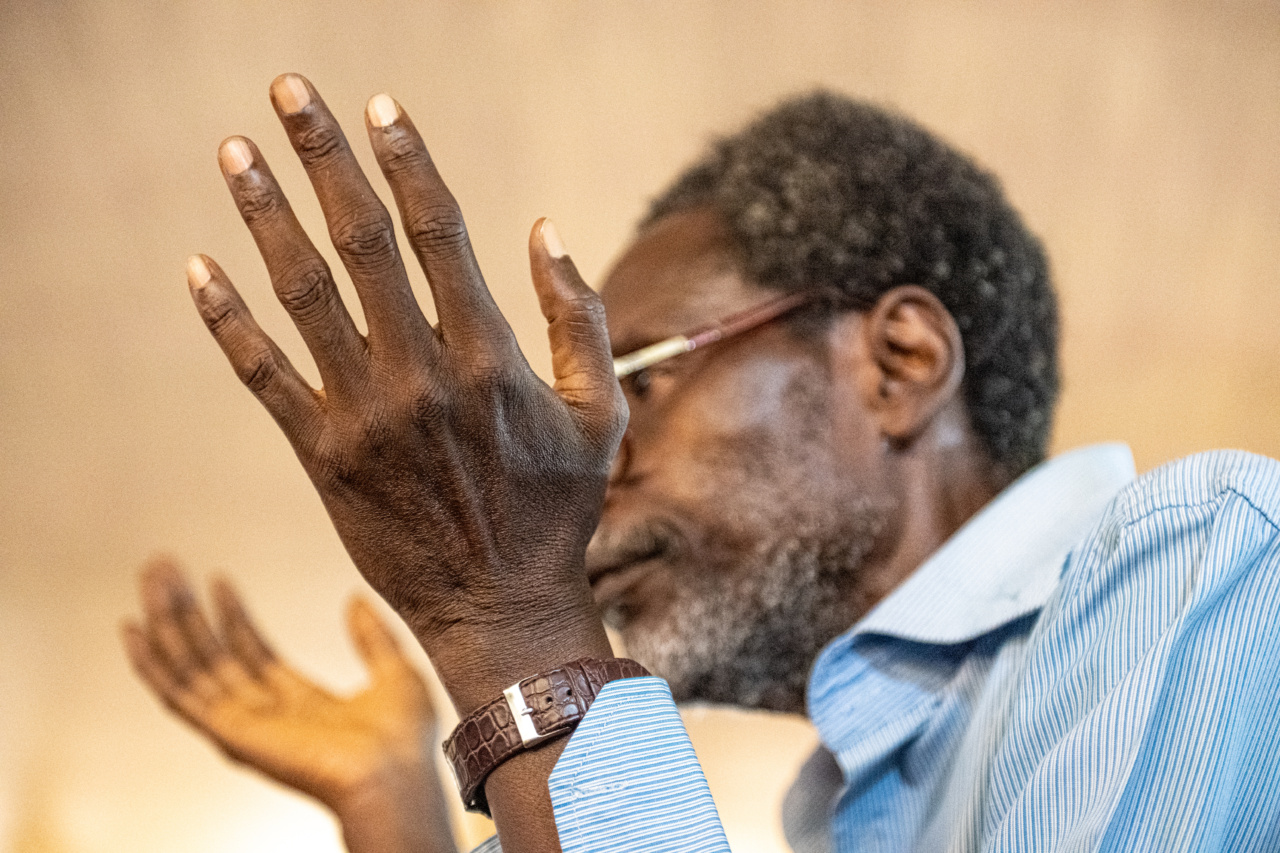Diabetes, a chronic health condition that affects millions of people worldwide, can seem like a curse to those inflicted. However, looking deeper into the condition, it can be considered a blessing in disguise.
The diagnosis of diabetes can lead to a more conscious and healthier lifestyle. Many people with diabetes have reported that the diagnosis has given them a new sense of purpose in their lives and has motivated them to live a healthier lifestyle.
Understanding Diabetes
Diabetes is a metabolic disorder that affects how the body processes blood sugar or glucose. The hormone insulin, produced by the pancreas, helps the body process glucose, which is the primary source of energy for the body’s cells.
In people with diabetes, the body does not produce enough insulin or cannot effectively utilize the insulin produced. This leads to a build-up of glucose in the blood, which can cause long-term complications if not managed properly.
The Importance of Diabetes Education
Diabetes education plays a crucial role in managing the condition effectively. People with diabetes must understand the importance of monitoring their blood glucose levels, taking their medication as prescribed, and maintaining a healthy lifestyle.
With proper education, people with diabetes can learn how to identify the warning signs of high or low blood glucose levels and how to make lifestyle changes to better manage their condition.
A Healthier Lifestyle
Diabetes can be a motivator to make significant lifestyle changes. People with diabetes must adopt a healthy lifestyle that includes regular physical activity, a well-balanced diet, and regular monitoring of blood glucose levels.
These lifestyle changes can benefit not only people with diabetes but also those at risk for the disease. A healthy lifestyle can also reduce the risk of developing other chronic health conditions such as heart disease and stroke.
Improved Relationships
Living with diabetes can also lead to improved relationships with others. People with diabetes must communicate with their loved ones and healthcare providers about their condition, creating a support system for managing the disease.
Diabetes can also lead to more empathy and understanding towards others struggling with chronic health conditions.
Bridging the Divide
Diabetes can bridge the divide between those living with the condition and those without. People with diabetes face numerous challenges such as discrimination and stigma.
However, with proper education and awareness, diabetes can bring people together in a common goal to raise awareness and promote prevention and early detection.
Advancements in Diabetes Treatment
Diabetes has also led to major advancements in treatment and management.
Insulin, the primary medication used to treat diabetes, has undergone significant improvements, including the development of insulin pumps and continuous glucose monitoring systems. Other advancements in diabetes treatment include medications that can improve the body’s use of insulin and devices that can administer insulin automatically.
The Power of Advocacy
Diabetes can also give people a sense of purpose, particularly in the realm of advocacy. People with diabetes can share their experiences and empower others through advocacy efforts such as fundraising, awareness campaigns, and support groups.
Advocacy can also lead to improved policies and legislation related to diabetes care and management.
Overcoming Adversity
Living with diabetes can be challenging, but it can also lead to personal growth and a sense of resilience.
People with diabetes face a constant battle to manage their condition effectively, but the experience can lead to improved coping skills and a greater appreciation for life.
Conclusion
While diabetes can seem like a curse, it can also be a blessing in disguise. From improving one’s health and relationships, bridging divides, and advancing treatment options, diabetes can be a motivator for living life to its fullest potential.
The key to managing the condition effectively is education, a healthy lifestyle, and support from loved ones and healthcare providers.































